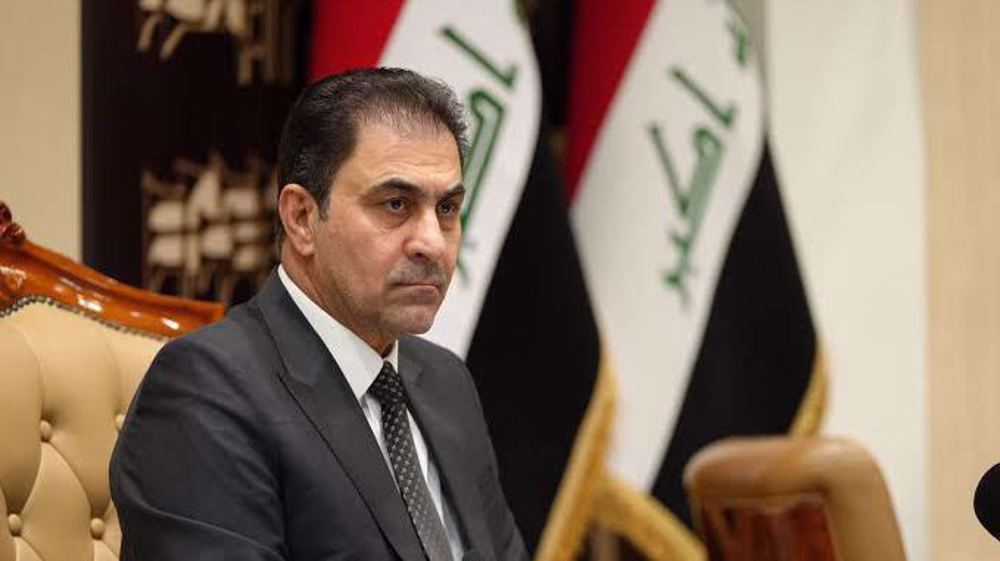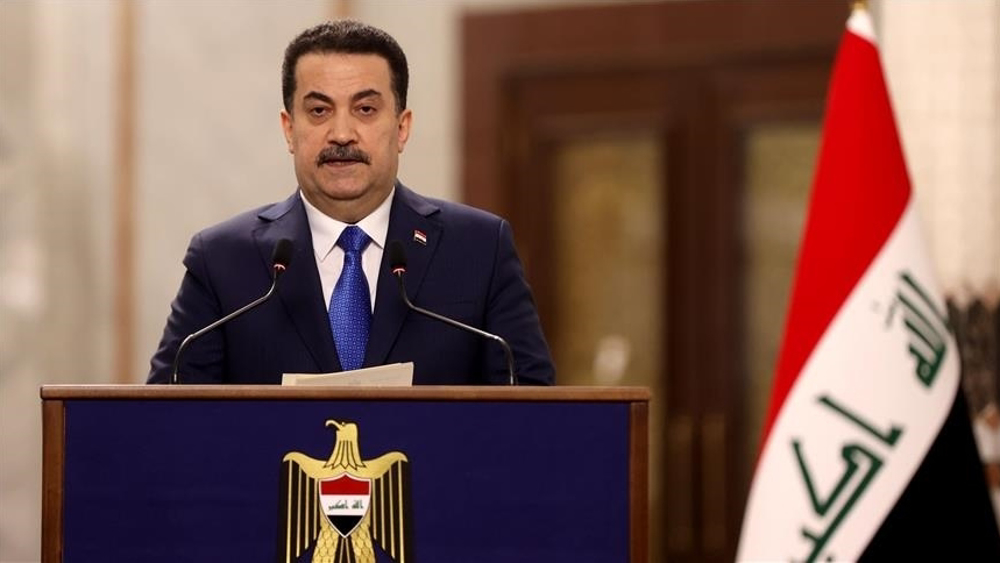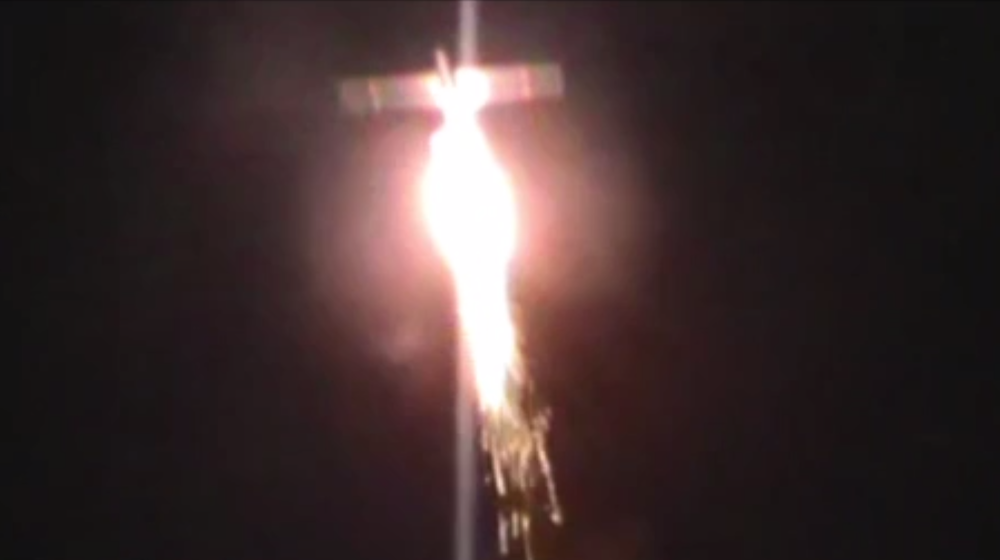Ayatollah Sistani urges Iraq to protect Kurds amid tensions
Iraq’s most senior Shia cleric Grand Ayatollah Ali al-Sistani has called on the government to protect the Kurdish population in the north amid rising tensions between Baghdad and Iraq’s secessionist Kurds.
Sistani’s call was issued at the Friday prayer in the holy city of Karbala by one of his representatives, Reuters reported.
According to Iraq’s Alforat News Agency, Sistani called the presence of the Iraqi forces in Kirkuk a victory for all Iraqis.
He also warned against any retaliatory moves, and urged Kurdish leaders to cooperate with the federal government on the basis of Iraqi law.
The cleric stated that the country’s Arabs, Kurds, and Turkmens had to move shoulder to shoulder towards resolving standing problems.
Earlier in the day, security said Iraqi forces took control of the last district in the oil-rich province of Kirkuk, which was still in the hands of Kurdish Peshmerga militants following a three-hour battle.
Forces partaking in the operation to recapture Altun Kupri comprised Iraqi Counter Terrorism Service units, Shia-dominated Popular Mobilization Unites and the Federal Police.
The Peshmergas withdrew from the district after battling the advancing Iraqi troops with machineguns, mortars, and rocket propelled grenades, security sources said, according to the agency.

The district, known as Perde in Kurdish, lies on the road between the city of Kirkuk, the province’s capital, which had been returned to government control on Monday, and Erbil, the capital of the semi-autonomous region of Kurdistan in the country’s north.
Kurdish forces had been holding parts of Iraqi territory since 2014, when the Takfiri terror group of Daesh began an offensive across Iraq. The Kurds joined the fight and began overrunning territory in the process.
The Baghdad government had long insisted that the Kurds pull out of the territories they had overrun. But the Kurdish militants had refused.
The oil-rich Kirkuk Province, which lies only partly within Kurdistan’s borders, voted in a September 25 referendum on Kurdistan’s separation from Iraq.
The referendum was held despite strong opposition from the central government in Baghdad, the international community, and Iraq’s neighboring countries, especially Turkey and Iran.
Ayatollah Sistani had also voiced opposition to the referendum. He had warned against the unfavorable repercussions of separation and division in the Iraqi nation, stressing that this would pave the way for foreign interference in the affairs of the country.
Following the vote, Baghdad imposed a ban on direct international flights to the Kurdish region and called for a halt to its independent crude oil sales.
Israel kills 5 more paramedics in southern Lebanon: Health ministry
Iran to launch ‘new, advanced’ centrifuges in response to IAEA resolution: AEOI
Yemen fires hypersonic missile at Israeli airbase
VIDEO | New Delhi chokes under toxic smog as air quality remains at hazardous levels
VIDEO | Press TV's news headlines
VIDEO | ICC's arrest warrant for Netanyahu to worry Western politicians: Former British diplomat
Iranians protest against Israel after Netanyahu ICC warrant
Germany undecided on complying with ICC arrest warrants for Israeli war criminals













 This makes it easy to access the Press TV website
This makes it easy to access the Press TV website